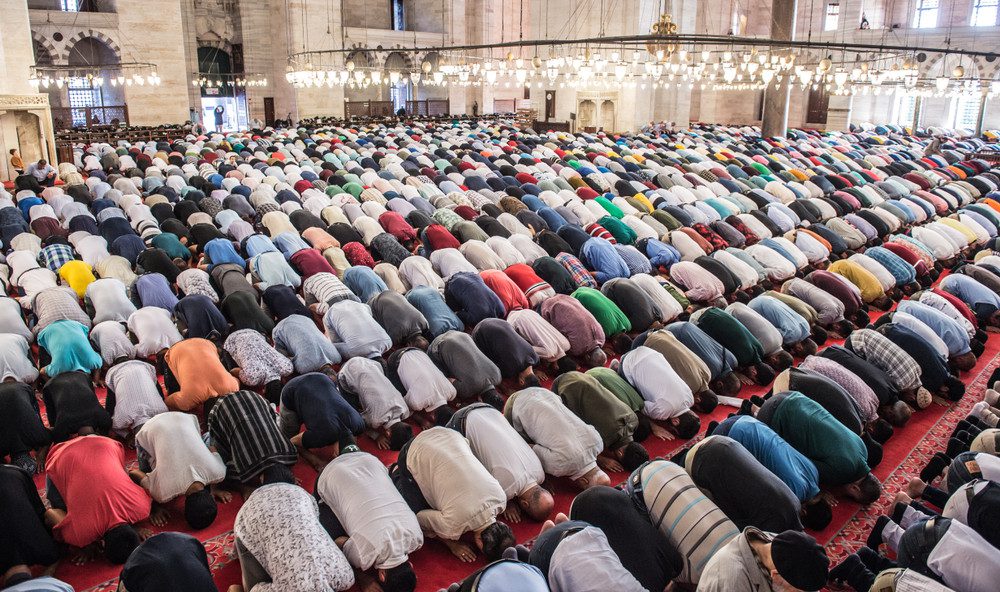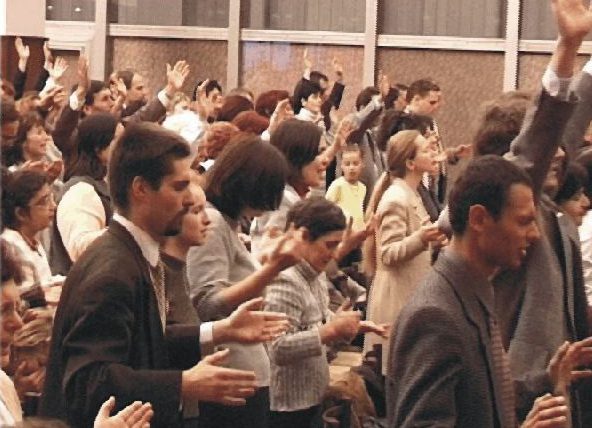Do you pray Jummah on Eid day?


Eid el-Fitr, one of the five pillars of Islam and a significant Islamic holiday, commemorates the end of the yearly Ramadan fast today, July 17.
The fact that the celebration is taking place today means that the Jumaat prayer, another Sunnah-mandated devotion for Muslims, will take place at the same time as the Eid prayer on Friday morning.
What is the Islamic position on praying for Jumaat and Eid on the same day?
Some Islamic scholars believe that one can choose to perform one of the two, while others believe that both can be completed on the same day.
The three primary viewpoints on the subject are listed below.
1. Wajib (Obligatory) to perform The Juma’at after one has observed the Eid Salah. ( Imam Malik and others).
In addition, Ibn Rushd mentioned in his book that Bidayatul Mujtahid V1, Umar Ibn Aziz, Imam Shafi, Malik, and Abu Hanifa recommended that: “If Juma and Eid commence on the same day, then both prayers must be performed”
Why? Because one act of worship is “sunnah” whilst the other is “wajib”, therefore it is not possible to conjoin them together.
2. An Isolated Exemption: It was narrated that Othman (R) once said: “Whoever wishes to remain for Juma’at, then remain. Whoever wishes to return to their home cities, then return” (narrated by Muwatta, Authenticated by Sh.Albani, Opinion of Imam Shafi).
HOWEVER, Ibn Taiymiyah (Majmoo, V12) mentioned the reason for Uthman’s decision was perhaps because he was unaware of the Prophet’s (peace be upon him) decision in this regard.
Secondly, Uthmaan was of the opinion that if Eid Prayer was performed, then a congregational obligation was fulfilled. Therefore there was no need to repeat it in Juma’at. In this case, one would be required to pray Zuhr on time.
Ibn Taiymiyah goes on to say: “This opinion was an exemption to certain groups who traveled from far cities to observe Eid such as (The People of Barr, The people of Awali and The People of Shawathi) and had to return to their families to enjoy the Eid Festivities.” Therefore, this opinion was an exemption to these groups and was later discredited by scholars.
3. Whoever performs Eid is EXEMPTED from Jumaat.
However, the local Imams are still required to perform the Juma’at for those who wish to attend or those who missed Eid Prayers.
Ibn Taiymiyah (Majmoo, V12) mentions opinion 3 as the most correct opinion which has been narrated by numerous individuals including The Prophet (Peace be upon Him) after an Eid sermon, stood up and said: “Whoever wishes to perform Juma, then do so because we will gather.” (meaning perform Juma)(Narrated by Abi Daood, ibn Majah), Umar, Othman, Ibn Masood, Ibn Abbas Radiyallahu Anhum and Imam Ahmed)
In this hadith, The Prophet did not order the companions to perform Juma’at but rather said whoever decided to attend the Juma’at prayers was encouraged to do so.
Therefore to summarize, one is encouraged to perform the Juma’at salat if he/she wishes.
However, they are not obliged to do so if they prayed the Eid salah AND attended the after the sermon, in which case they would simply pray Salatul Zhur.
May Allah accepts our Ibadat. Ameen








